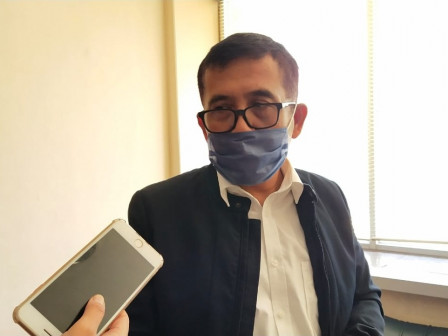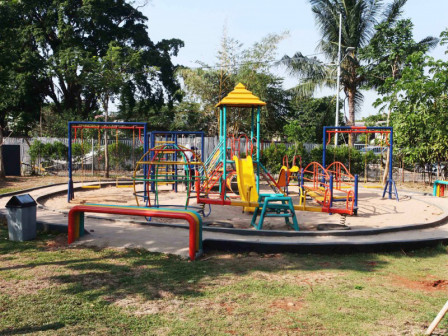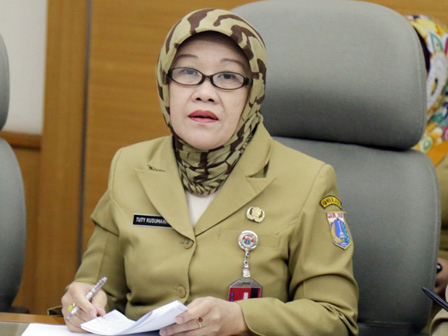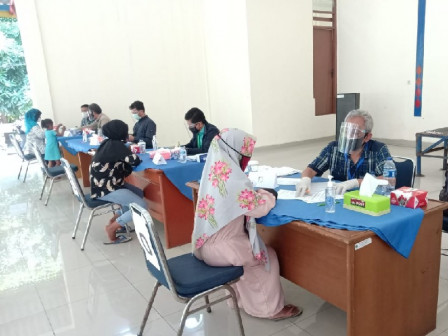Jakarta Gears Up to Succeed in 2021 Public Information Openness Index
Reported by Yudha Peta Ogara | Translated by Nugroho Adibrata
The Jakarta Working Group (Pokja), held a coordination meeting for the preparation of the Jakarta Public Information Openness Index (IKIP), on Wednesday (3/10).
We're going to conduct in-depth interviews with 9 expert informants
IKIP is a national priority program to measure the implementation of Law 14/2008 on Public Information Openness in 34 Provinces throughout Indonesia and realize good governance, quality public services, and the prevention of corruption.
In its execution, the Pokja has several tasks, namely following the regional pokja bimtek organized by the Central Information Commission (KI Pusat), collecting primary and secondary data, managing and processing data, carrying out FGDs and report the results of Jakarta 2021 IKIP until following the implementation of the National Supervisory Board Forum.
DPRD Assigns Five Jakarta KIP CommissionersThe materials collected by the Pokja team in each province were all data, facts, and events related to all incidents as of January 1, 2020 to December 31, 2020.
"We're going to conduct in-depth interviews with 9 expert informants who are reliable and competent in disclosing public information. Expert informants must be truly representative in terms of public information disclosure," uttered Pokja Chairman, Harry Ara Hutabarat, Tuesday (3/16).
The Jakarta Pokja had 7 members, 5 were from the internal Jakarta Information Commission (KIP Jakarta), namely Pokja Chairman, Harry Ara Hutabarat; Pokja Vice Chairman, Harminus; and its members, Arya Sandhiyudha, Nelvia Gustina, and Aang Muhdi Gozali. Then 2 external experts in KIP namely Herry Hermawan and Abdul Rahman Ma'mun.
Pokja Chairman, Harry Ara Hutabarat added that Pokja would carry out several jobs, from collecting data, in-depth interviews with expert informants, FGDs to preparing reports. The expert informants represented 3 categories, namely society, business actors, and public bodies.
IKIP was executed with the principles of measurable, objective, accountable, participatory, transparent and sustainable with the scope of implementation in public bodies and communities at the national level and 34 provinces throughout Indonesia.





